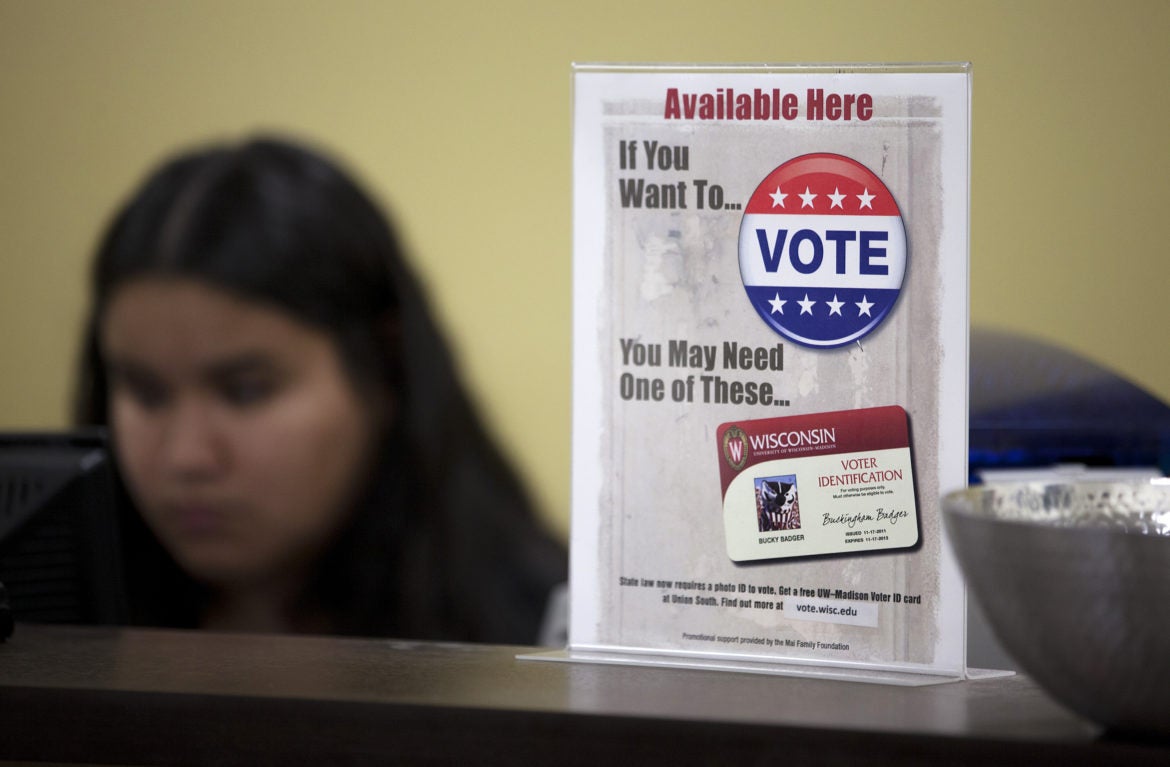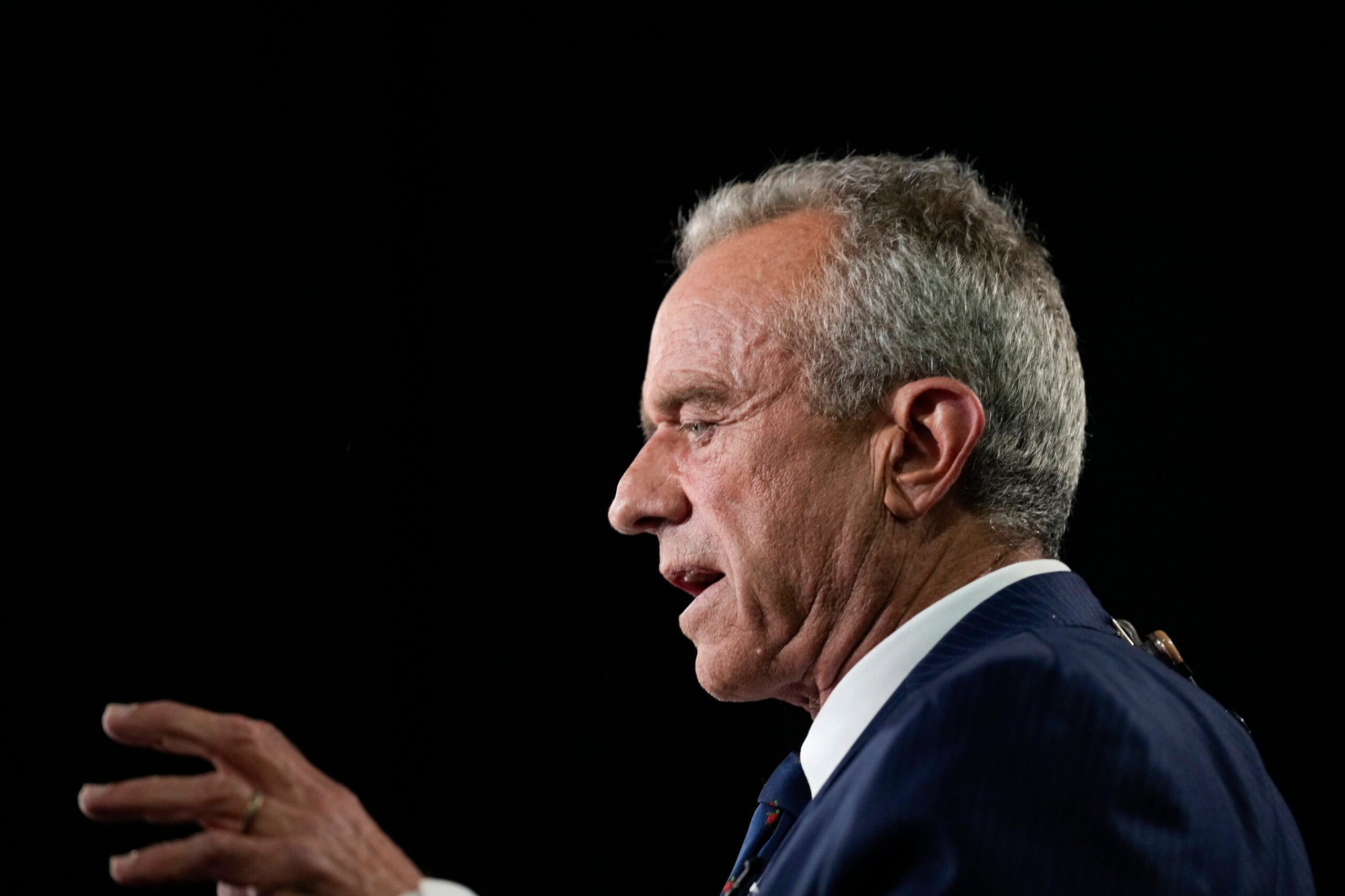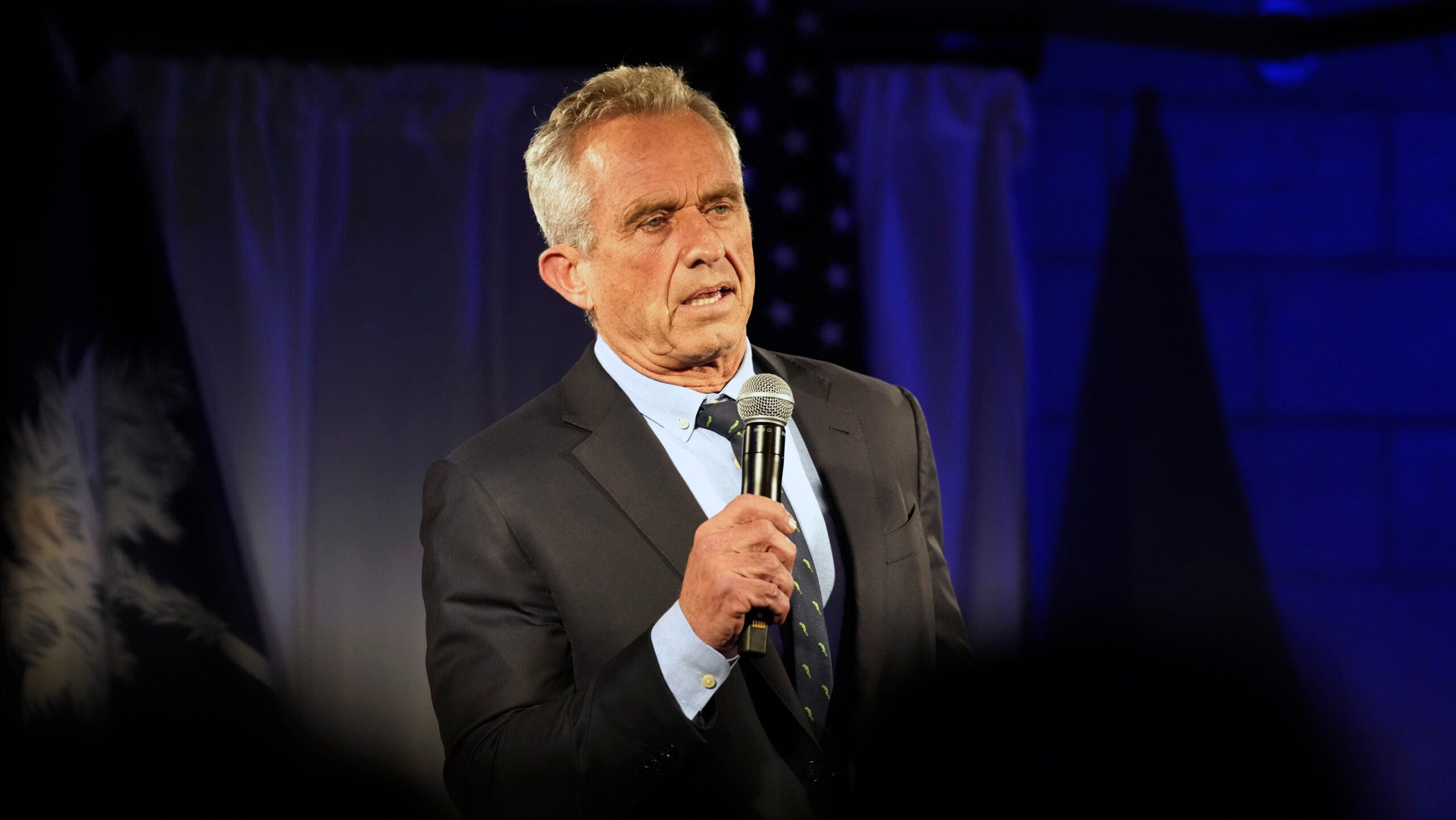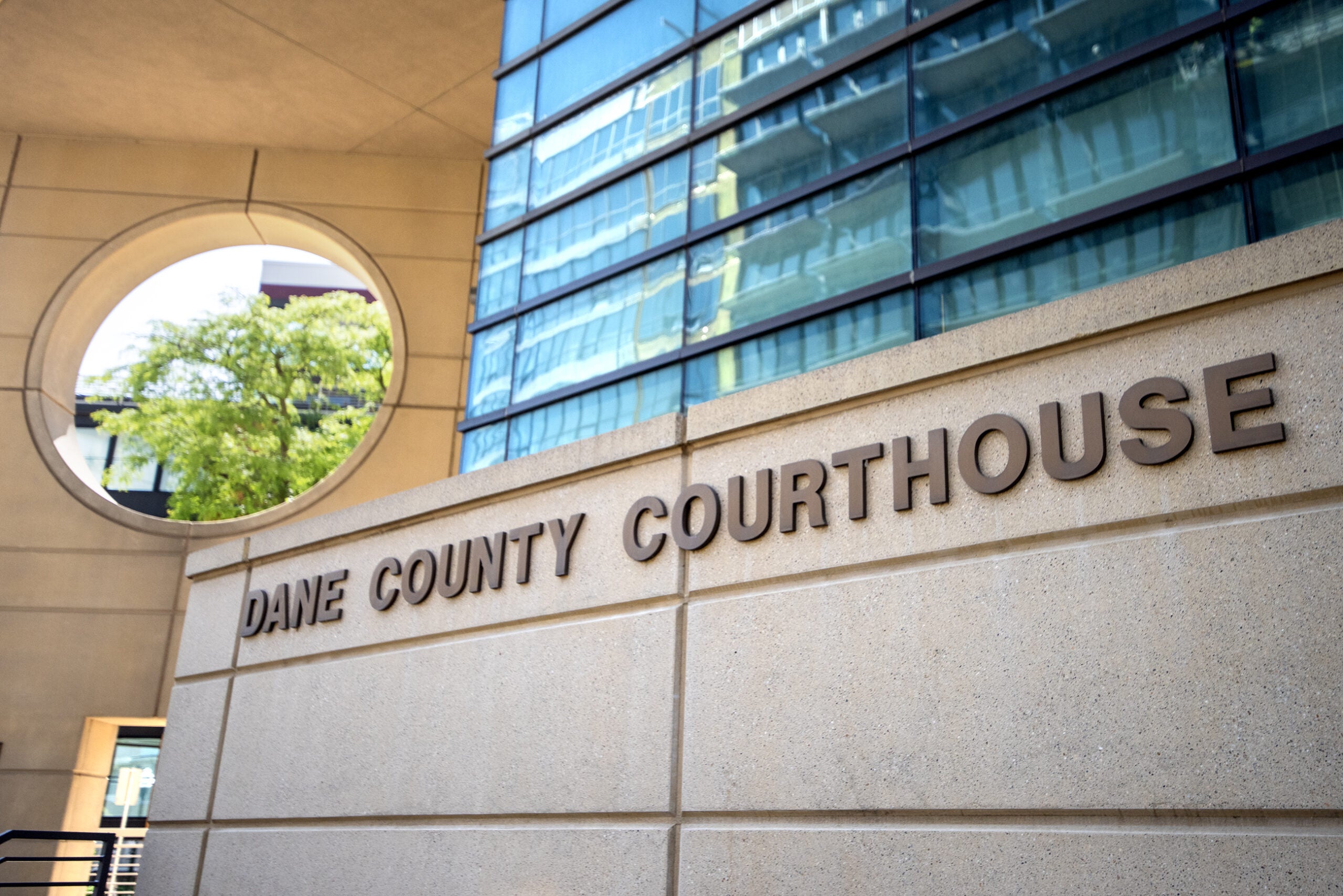A circuit court judge heard testimony Tuesday in a lawsuit challenging two statewide ballot referendums slated for the April 4 election.
EXPO Wisconsin, which organizes formerly incarcerated people, and WISDOM, a faith-based organization, filed a lawsuit in Dane County Circuit Court on Jan. 31 to challenge the ballot initiatives. Plaintiffs argue the Wisconsin Elections Commission (WEC) sent the initiatives to county clerks a day past the deadline required under state law.
At a hearing before Dane County Circuit Court Judge Rhonda Lanford that was broadcast by WisconsinEye, lawyers for the groups argued that the referendums were submitted to county clerks too late, denying them enough time to educate voters and organize in opposition. They’re asking for a year injunction on the measures, which would mean they wouldn’t appear before voters until 2024.
Stay informed on the latest news
Sign up for WPR’s email newsletter.
“The Legislature has to follow all the constitutional rules in proposing amendments,” said Dan Lenz, an attorney for the liberal firm Law Forward which filed the lawsuit. “They don’t get leeway here.”
An attorney representing the Legislature countered that there was not sufficient harm caused by the missed deadline, and that voters would be hurt by removing the questions from the April ballot.
“The people are going to be punished because WEC waited two days too long,” argued Misha Tseytlin, an attorney frequently hired by Republicans to represent the Legislature in high-profile cases.
The two Republican-backed measures are due to appear on voters’ ballots this April. One would amend the state Constitution’s approach to imposing cash bail on people charged with committing violent crimes. The other is a nonbinding referendum asking whether to require “childless, able-bodied adults” to search for employment while receiving public benefits.
Both measures were passed by the Legislature on Jan. 19. According to state law, ballot measures must be submitted to the proper “official or agency” 70 days in advance. In this case, plaintiffs argued, that meant Jan. 25.
While the Legislature sent the measures to the Wisconsin Elections Commission on the day that they passed, the WEC did not submit those questions to county clerks who administer state elections until Jan. 26.
The lawsuit argues that because county clerks are the officials ultimately responsible for preparing ballots, they needed to receive the submissions from the Legislature a day earlier.
“When this gerrymandered Legislature wants to do something as important as amending the Constitution — because what they’re trying to do here — they need to follow the rules that are set forth in the statutes and in the laws (that) they pass just like everybody else,” Lenz told Wisconsin Public Radio in an interview after Tuesday’s hearing.
EXPO and WISDOM both oppose the two questions poised to appear on the April ballot, arguing that the bail measure could harm people with previous convictions and that the welfare referendum is really about restricting public benefits.
The groups argue they deserve more time under the law to organize their members to fight the referendums. But an attorney for the Wisconsin Department of Justice, which is defending the Wisconsin Elections Commission, said that was not a justification for delaying the questions.
“They are alleging injury in terms of lost time, and how they have to allocate the resources,” argued assistant attorney general Lynn Lodahl on behalf of the WEC. “But they do not have a legally protected interest in having as much time as they would like.”
Judge Lanford said she would issue a ruling in the case by the close of business Monday.
Democrats have opposed the referendums for other reasons, arguing they were passed by Republicans in an effort to drive up GOP turnout for Wisconsin’s pivotal state Supreme Court race. Republicans have dismissed that suggestion, saying the referendums are a way to gauge public support on important issues.
Wisconsin Public Radio, © Copyright 2025, Board of Regents of the University of Wisconsin System and Wisconsin Educational Communications Board.





